14 Psychological Thrillers That Deserve More Praise
Psychological thrillers are often known for their ability to keep you on the edge of your seat, questioning every moment. While some of these films are widely celebrated, others have slipped through the cracks, despite their remarkable qualities. These underrated movies provide fresh perspectives and unexpected twists that are sure to leave an impact. If you are looking for something new to watch, it might be time to explore these hidden gems. Get ready to discover thrillers that are truly worth your attention.
This post may contain affiliate links, which helps keep this content free. Please read our disclosure for more info.
The Machinist (2004)
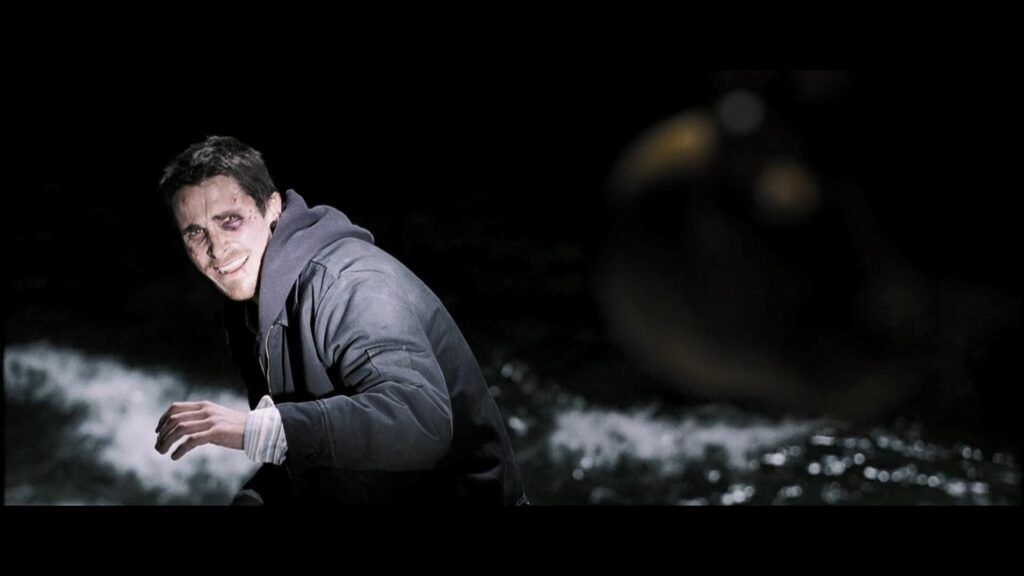
“The Machinist” follows Trevor Reznik, an insomniac factory worker whose life spirals out of control. Christian Bale’s intense portrayal of Trevor, including his dramatic weight loss for the role, adds a layer of realism to the psychological tension. The film delves into the complexities of guilt and paranoia, creating a narrative that keeps viewers guessing. Its slow pace allows the unsettling atmosphere to build, leading to a stunning, well-crafted climax.
The movie stands out due to its layered narrative and deeply unsettling visuals. While not widely recognized, “The Machinist” holds a place as a cult classic in the psychological thriller genre. Its dark and grim tone reflects the protagonist’s deteriorating mental state. Fans of mind-bending films will appreciate its unpredictable twists and the immersive experience it provides.
Identity (2003)
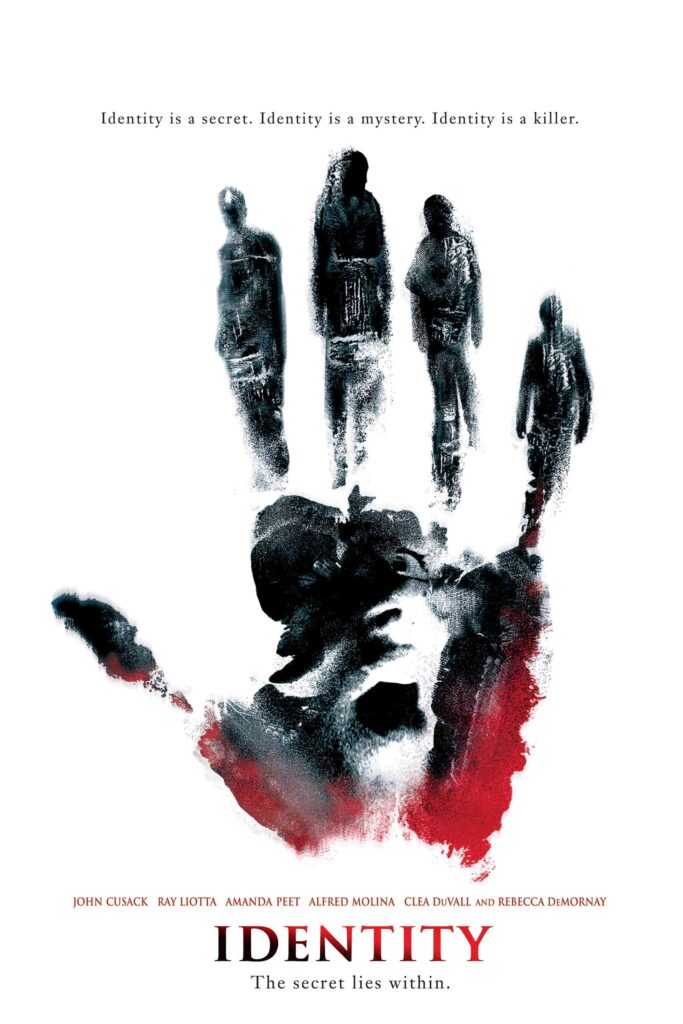
“Identity” explores the intertwining lives of ten strangers who find themselves stranded at a remote motel during a storm. As the group begins to unravel, a series of events occurs that raises the stakes of the psychological mystery. The movie’s cleverly executed plot twists and suspenseful pacing keep the viewer on edge. It blends classic elements of the thriller genre with psychological complexities, leading to a powerful revelation.
This film often flies under the radar despite its captivating premise and strong performances from its cast. The final act, with its unexpected twist, offers a deep psychological payoff that enhances the narrative. “Identity” combines the psychological and thriller genres in an engaging way that few others manage to. It is an excellent choice for those looking for a thriller that offers both intellectual and emotional stimulation.
Shutter Island (2010)
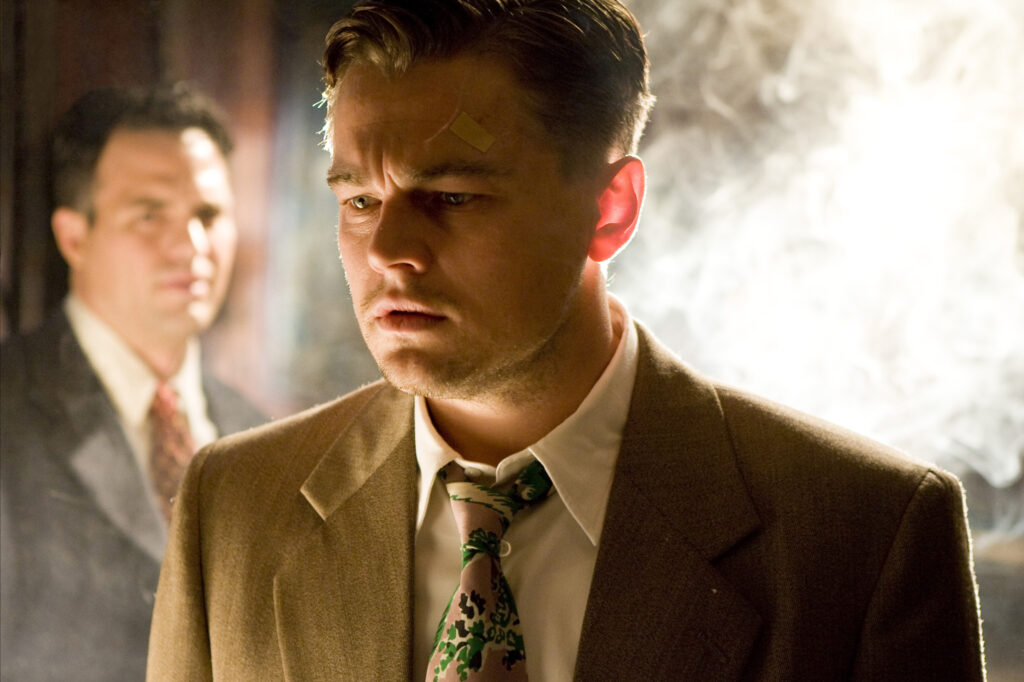
Martin Scorsese’s “Shutter Island” transports viewers to a remote psychiatric facility, where U.S. Marshal Teddy Daniels investigates a missing person case. As Daniels dives deeper into the investigation, the lines between reality and delusion begin to blur. The film’s atmospheric setting and haunting visuals immerse the viewer in a world of uncertainty and paranoia. Scorsese’s direction and Leonardo DiCaprio’s powerful performance drive the psychological tension throughout the film.
“Shutter Island” is often seen as a thriller with deeper psychological layers, as it explores themes of trauma, guilt, and mental illness. The story’s carefully constructed plot keeps the audience engaged, building to a shocking and thought-provoking ending. It may not always receive the attention it deserves, but its ability to challenge perceptions makes it a standout psychological thriller. For fans of twists and mind-bending plots, this film is a must-see.
The Gift (2015)
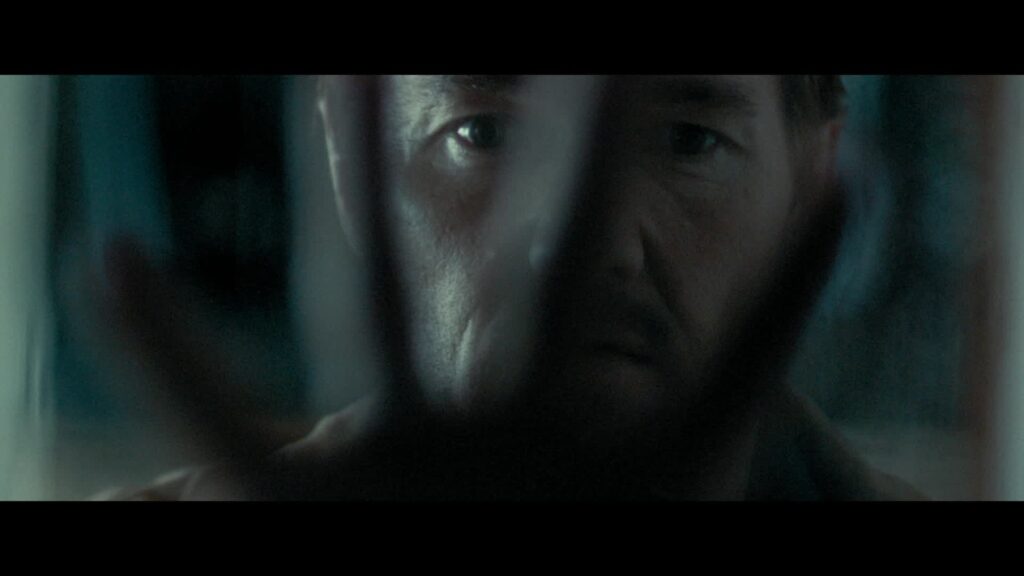
“The Gift” centers around a married couple whose life takes an unsettling turn when an old acquaintance from the husband’s past resurfaces. The film’s psychological complexity is built around the tension between the couple and the mysterious figure, Gordo. Joel Edgerton, who both directed and starred in the film, crafts a slow-burn thriller that explores themes of revenge, guilt, and the consequences of past actions. The film’s suspenseful narrative is enhanced by its sharp dialogue and careful character development.
While not a mainstream hit, “The Gift” deserves recognition for its emotional depth and unpredictable storytelling. The movie’s pacing draws the viewer in, gradually building a sense of unease that culminates in a gripping conclusion. The tension between the characters, paired with Edgerton’s impressive directorial debut, makes this film stand out. It is a brilliant psychological thriller that examines how past mistakes can haunt individuals, forcing them to confront their darkest secrets.
Gone Girl (2014)
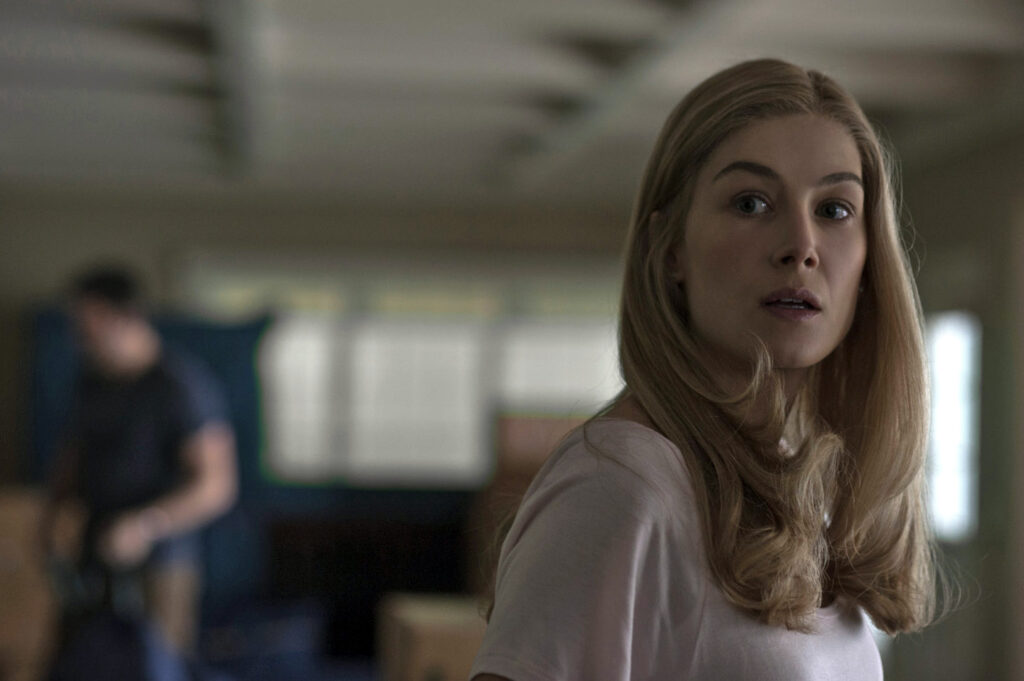
Based on the best-selling novel by Gillian Flynn, “Gone Girl” follows the mysterious disappearance of Amy Dunne and the media frenzy that follows. As her husband Nick becomes the prime suspect, the film twists its way through multiple perspectives, revealing secrets and lies. Director David Fincher masterfully navigates the shifting narrative, maintaining tension while exploring themes of manipulation, perception, and marriage. Rosamund Pike’s chilling performance as Amy elevates the film, making it both compelling and disturbing.
Despite its widespread popularity, “Gone Girl” continues to be an essential film in the psychological thriller genre. The film’s exploration of public perception versus private reality adds depth to the characters and their motivations. Its clever use of unreliable narration keeps the audience guessing at every turn. “Gone Girl” is an expertly crafted thriller that challenges societal norms and examines the complexity of relationships and deceit.
Prisoners (2013)
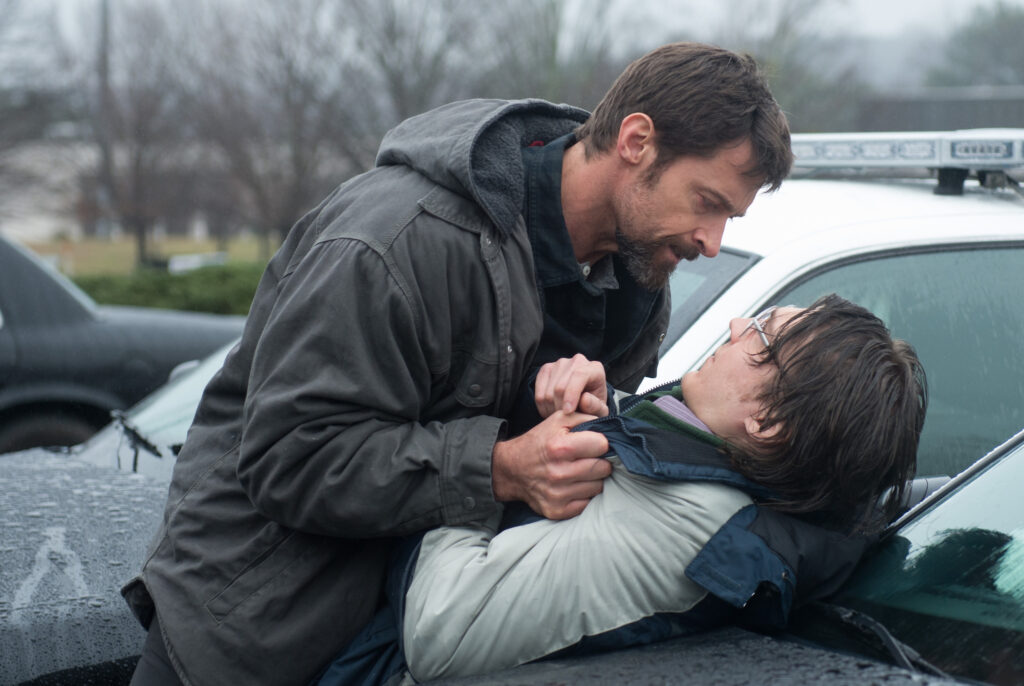
“Prisoners” focuses on the abduction of two young girls and the desperate measures taken by their families to uncover the truth. Hugh Jackman’s portrayal of a father consumed by grief and anger offers a raw and emotional performance. The film explores the moral complexities of justice, as the characters become entangled in a web of suspicion and violence. Director Denis Villeneuve’s careful pacing and atmospheric direction create a sense of tension that never lets up.
Although it did not receive the same level of attention as other thrillers, “Prisoners” is a gripping and thought-provoking exploration of human nature. The film’s combination of psychological tension and moral ambiguity makes it a standout in the genre. Its unsettling narrative makes the viewer question the lengths to which someone might go to seek justice. For those looking for a deep, suspenseful thriller, “Prisoners” is a must-watch.
The Others (2001)
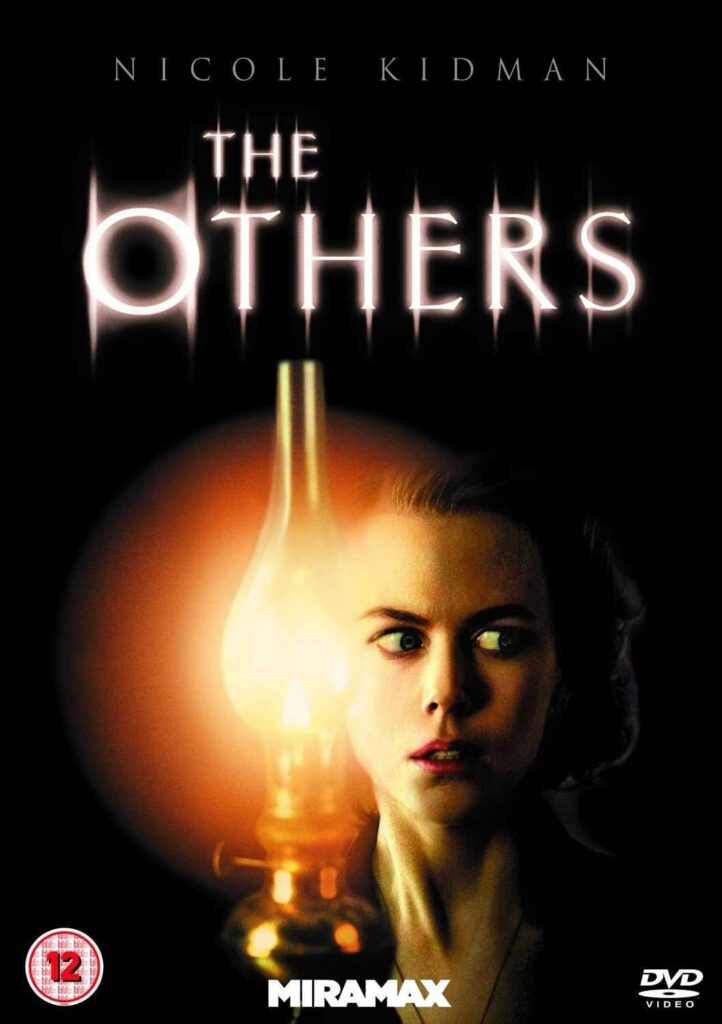
Set in a gloomy mansion, “The Others” stars Nicole Kidman as a mother who becomes increasingly paranoid as strange occurrences begin to unfold. The film combines elements of gothic horror with psychological suspense, creating a chilling atmosphere that keeps the viewer on edge. The storyline plays with themes of grief, loss, and redemption, while the film’s haunting visuals enhance its eerie tone. The twists and turns in the narrative culminate in a memorable and thought-provoking ending.
“The Others” is often overlooked when discussing psychological thrillers, despite its carefully constructed suspense and emotional depth. The film’s pacing and tension-building elements make it a standout in the genre. Kidman’s strong performance adds layers of vulnerability and strength to her character. This film is a perfect choice for anyone seeking a psychological thriller that offers both a ghost story and an emotional journey.
Memento (2000)
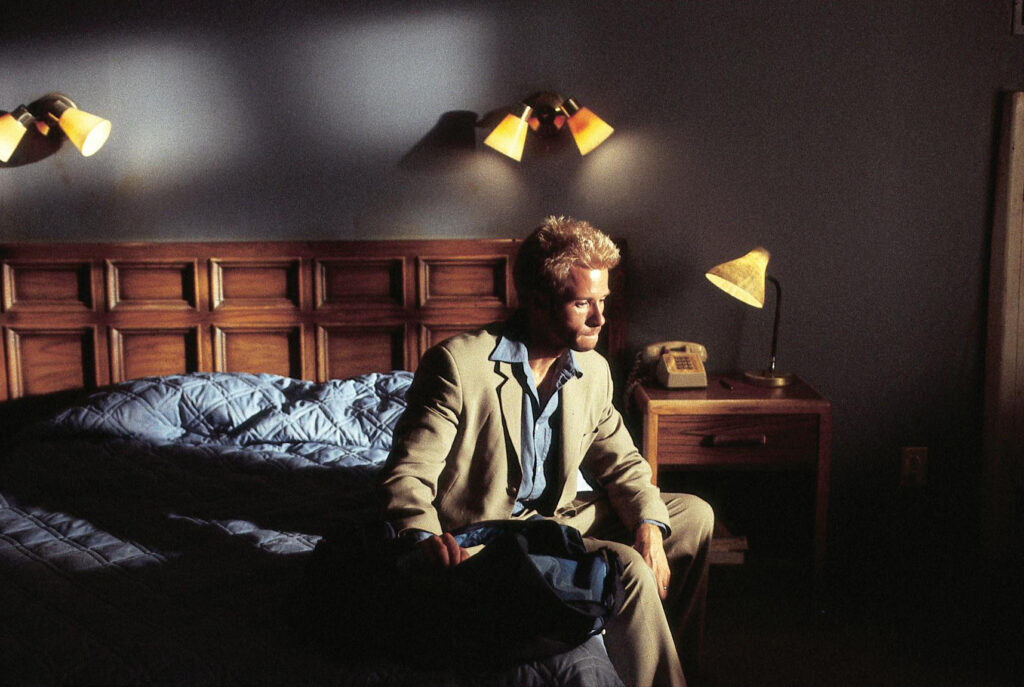
Christopher Nolan’s “Memento” tells the story of Leonard Shelby, a man with short-term memory loss, as he attempts to solve the mystery of his wife’s murder. The film is told in a non-linear format, presenting the narrative in reverse order, which effectively mirrors Leonard’s disorienting experience. The film’s complex structure and clever use of memory make it a thought-provoking thriller that challenges conventional storytelling. Guy Pearce’s portrayal of Leonard is both haunting and sympathetic, creating a deep emotional connection with the audience.
“Memento” is a masterclass in psychological storytelling, where every twist is designed to make the viewer question what they know. The film’s intricate structure and exploration of memory loss and identity make it a unique and unforgettable experience. Nolan’s direction, combined with Pearce’s performance, creates a thriller that is both intellectually stimulating and emotionally gripping. This film is essential viewing for anyone interested in psychological thrillers that push the boundaries of traditional storytelling.
Side Effects (2013)
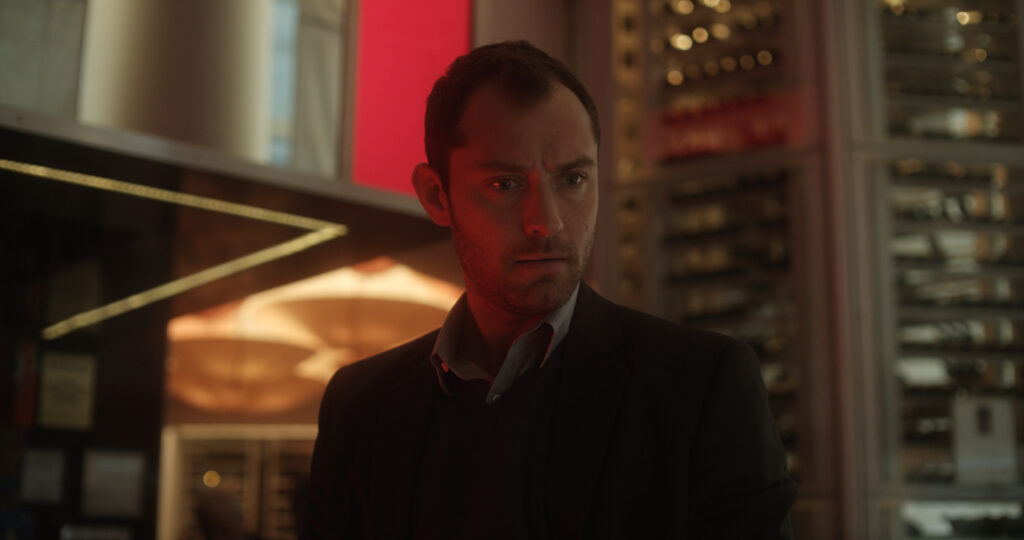
“Side Effects” follows the story of Emily, a woman who is prescribed a new drug to treat her anxiety, leading to unexpected and tragic consequences. As the story unfolds, layers of deception, manipulation, and betrayal are revealed, offering a chilling examination of the pharmaceutical industry and mental health. Steven Soderbergh’s direction keeps the audience engaged, with plot twists that build the suspense throughout the film. The performances from Rooney Mara and Jude Law are both captivating and unsettling.
Despite its underappreciation, “Side Effects” is an expertly crafted psychological thriller that blends mystery with social commentary. The film’s exploration of the ethical dilemmas within the medical field adds an interesting layer to the narrative. It is an intelligent and engaging film that plays on the viewer’s trust in authority figures, creating an atmosphere of suspicion. For those who enjoy thrillers with a moral edge, “Side Effects” is a film worth revisiting.
The Invitation (2015)
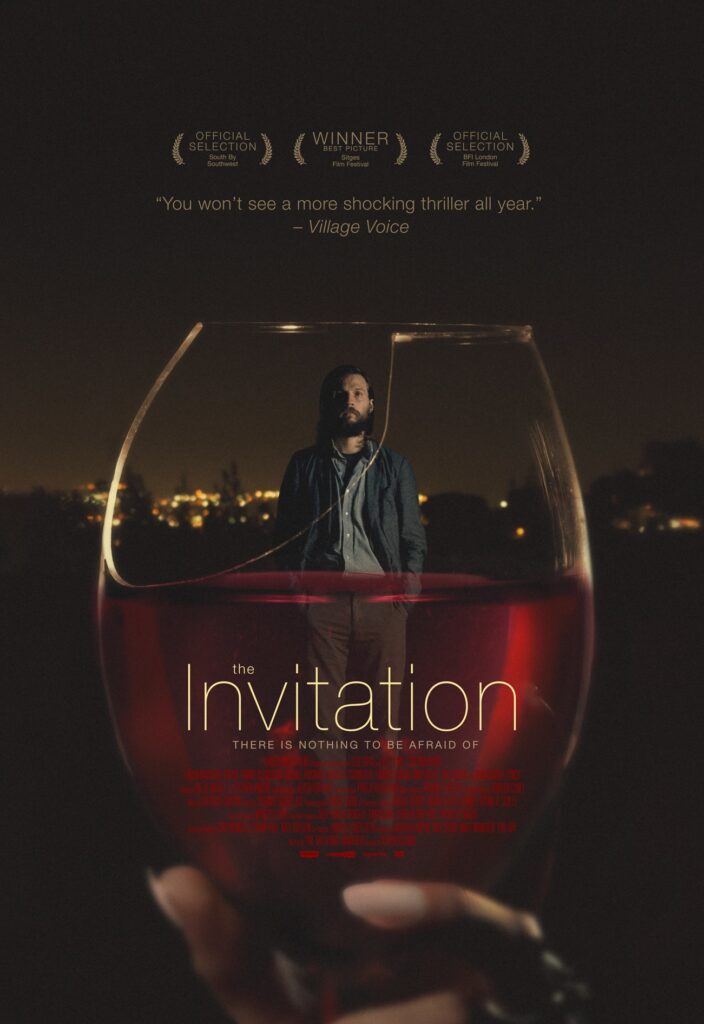
“The Invitation” follows a man who is invited to a dinner party hosted by his ex-wife and her new husband, only to discover that something is amiss. As the evening unfolds, the psychological tension builds, with subtle hints of something far more sinister. The film’s slow pace and focus on character development create an uncomfortable atmosphere that heightens the suspense. Karyn Kusama’s direction ensures that the audience is kept on edge as the mystery unravels.
This film is a hidden gem in the psychological thriller genre, offering a slow-burn tension that rewards patient viewers. The narrative plays on themes of grief, cult mentality, and trust, creating a unique psychological experience. Its subtle yet powerful direction and strong performances contribute to its gripping atmosphere. “The Invitation” proves that a thriller does not need to rely on fast-paced action to create lasting suspense.
Don’t Look Now (1973)
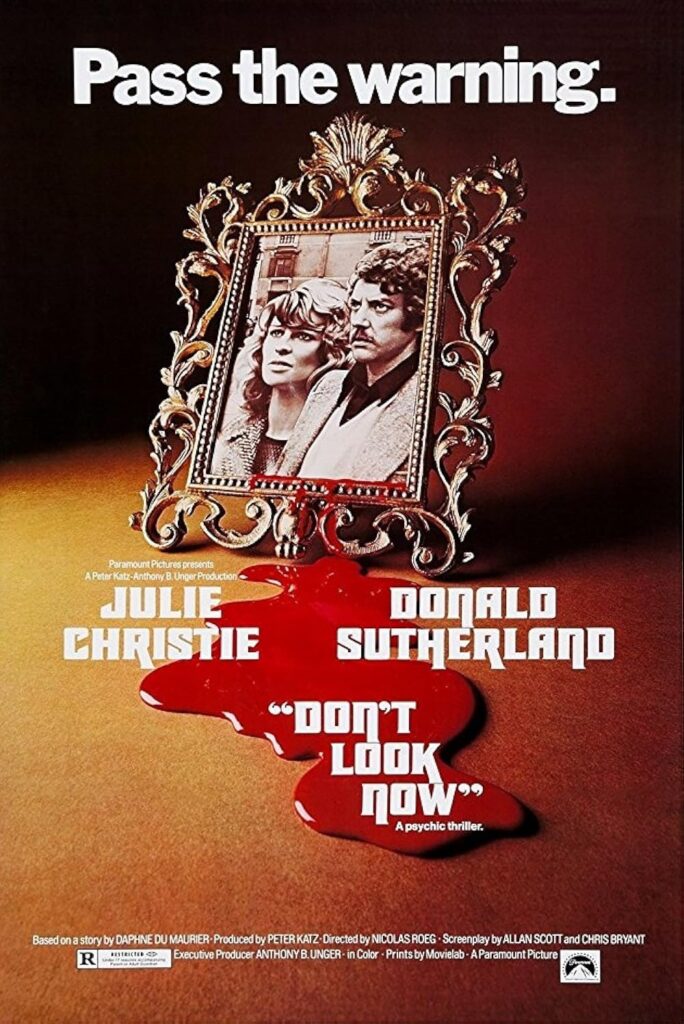
“Don’t Look Now” tells the story of a grieving couple who move to Venice after the death of their child. As they try to cope with their grief, strange and eerie occurrences begin to happen. The film combines elements of horror and psychological drama, creating a deeply unsettling atmosphere. Donald Sutherland and Julie Christie deliver powerful performances that enhance the emotional depth of the film.
The film’s atmospheric tension and ambiguous storytelling make it a standout in the psychological thriller genre. It explores themes of grief, loss, and the supernatural, blending them into a haunting narrative. “Don’t Look Now” is often regarded as a classic, though it may not be as widely appreciated as it should be. Its ability to provoke thought and unsettle viewers makes it an essential watch for fans of psychological thrillers.
The Sixth Sense (1999)
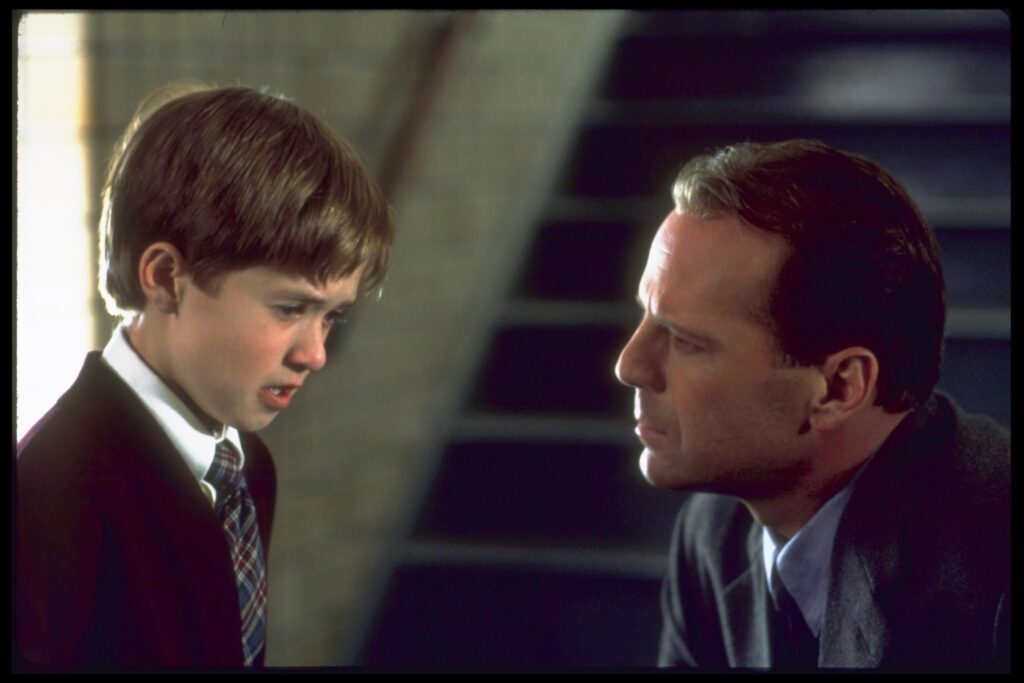
“The Sixth Sense” follows a young boy who can see and communicate with the dead, and his relationship with a child psychologist who tries to help him. The film’s carefully crafted suspense, combined with Bruce Willis’ and Haley Joel Osment’s strong performances, keeps viewers hooked. Director M. Night Shyamalan uses a slow build to establish a chilling atmosphere before delivering a shocking twist. The film explores themes of death, unresolved trauma, and the supernatural, providing both emotional and psychological depth.
Though widely praised, “The Sixth Sense” continues to stand out as one of the most clever psychological thrillers of its time. Its exploration of grief and the afterlife is both thought-provoking and haunting. The twist ending, which redefines the entire narrative, is one of the most memorable in cinematic history. For those who enjoy stories that linger long after the credits roll, this film is a must-watch.
The Skeleton Key (2005)
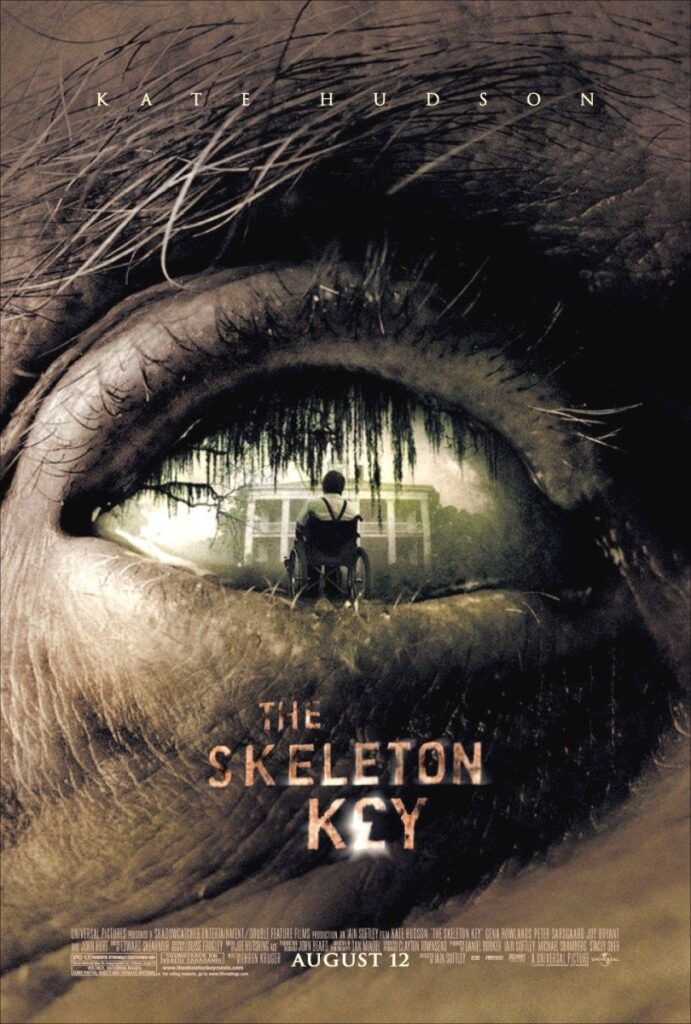
In “The Skeleton Key,” a nurse takes a job caring for an elderly man in a remote house, only to discover dark secrets hidden in the mansion. As she unravels the mystery, she becomes entangled in a web of magic, voodoo, and deception. The film’s setting and eerie atmosphere add to the psychological tension, while the lead performance by Kate Hudson keeps the audience invested. The film’s plot twists make it a memorable experience for fans of the genre.
“The Skeleton Key” stands out as an underrated psychological thriller with a rich mix of mystery and suspense. The film blends supernatural elements with psychological drama, creating a chilling narrative that keeps viewers on edge. The strong performances and clever plot twists elevate it, making it a standout in the genre. For anyone looking for a unique psychological thriller, this film is worth revisiting.
The Witch (2015)
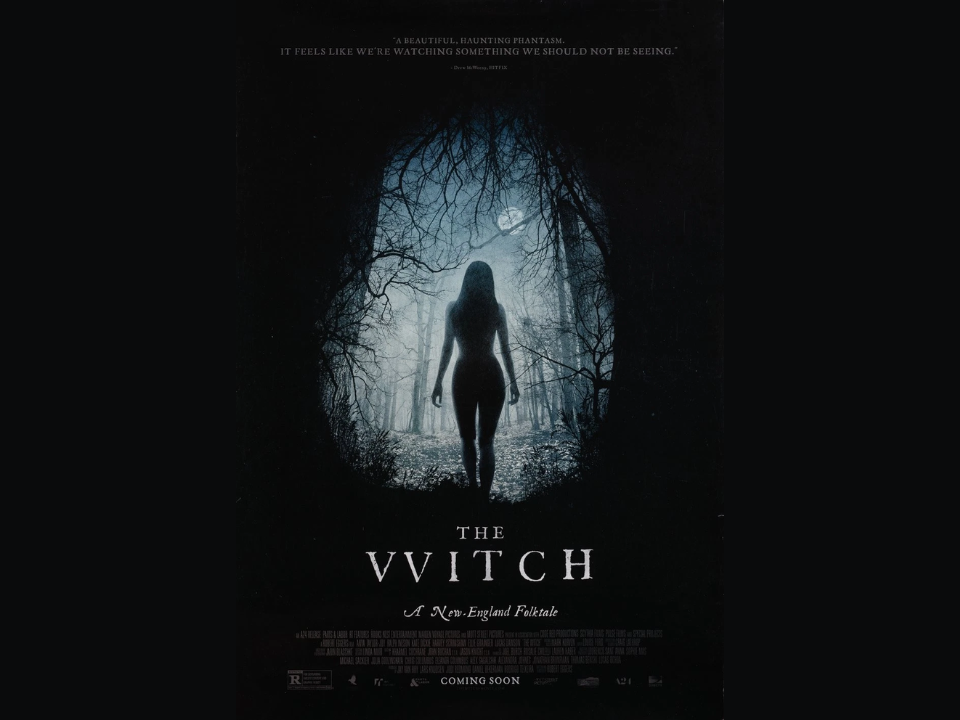
Set in 17th-century New England, “The Witch” tells the story of a Puritan family that begins to unravel after a series of strange events. The film’s slow pacing and haunting visuals immerse the viewer in a world of isolation and fear. As the family members turn on each other, the psychological tension intensifies, making the film a chilling exploration of paranoia and faith. Anya Taylor-Joy’s breakout performance anchors the film, drawing the audience into the family’s descent.
“The Witch” deserves more recognition for its psychological depth and unsettling atmosphere. It challenges typical horror tropes by focusing on the psychological unraveling of its characters. The film’s ability to balance dread with subtle supernatural elements makes it a unique and memorable experience. For anyone seeking a psychological thriller with a historical twist, “The Witch” is a must-see.
This article originally appeared on Avocadu.
